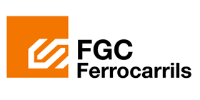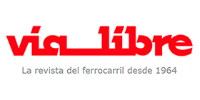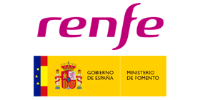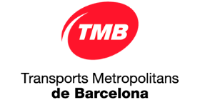The teaching methodology of the programme facilitates the student's learning and the achievement of the necessary competences.
Learning tools
A presentation of the conceptual foundations of the content to be taught, promoting interaction with the students to guide them in their learning of the different contents and the development of the established competences.
Practical classroom sessions
Knowledge is applied to a real or hypothetical environment, where specific aspects are identified and worked on to facilitate understanding, with the support from teaching staff.
Solutions are worked on by practising routines, applying formulas and algorithms, and procedures are followed for transforming the available information and interpreting the results.
Real or hypothetical situations are presented in which the students, in a completely participatory and practical way, examine the situation, consider the various hypotheses and share their own conclusions.
Outstanding business knowledge and experiences with high added value acquired during an outstanding professional career are presented and shared.
These visits are to specialist centres, companies in the sector or outstanding and important locations in the sector, in order to obtain knowledge in situ of development, production and demonstration environments within the programme.
Problem-based learning (PBL)
An active learning methodology that enables the student to be involved from the beginning, and to acquire knowledge and skills by considering and resolving complex problems and situations.
Students are given technical support in the preparation of the final project, according to their specialisation and the subject matter of the project.
Assessment criteria
At least 80% attendance of teaching hours is required.
The student's active contribution to the various activities offered by the teaching team is assessed.
Solving exercises, questionnaires or exams
Individual tests aimed at assessing the degree of learning and the acquisition of competences.
Studies on a specific topic, by individuals or groups, in which the quality and depth of the work is assessed, among other factors.
Completion and presentation of the final project
Individual or group projects in which the contents taught in the programme are applied. The project can be based on real cases and include the identification of a problem, the design of the solution, its implementation or a business plan. The project will be presented and defended in public.
Work placements & employment service
Students can access job offers in their field of specialisation on the My_Tech_Space virtual campus. Applications made from this site will be treated confidentially. Hundreds of offers of the UPC School of Professional & Executive Development
employment service appear annually. The offers range from formal contracts to work placement agreements.
Virtual campus
The students on this continuing education master's degree will have access to the My_ Tech_Space virtual campus - an effective platform for work and communication between the course's students, lecturers, directors and coordinators. My_Tech_Space provides the documentation for each training session before it starts, and enables students to work as a team, consult lecturers, check notes, etc.


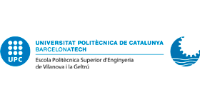
 Postgraduate courses:
Postgraduate courses:
 Continuing education courses:
Continuing education courses:
